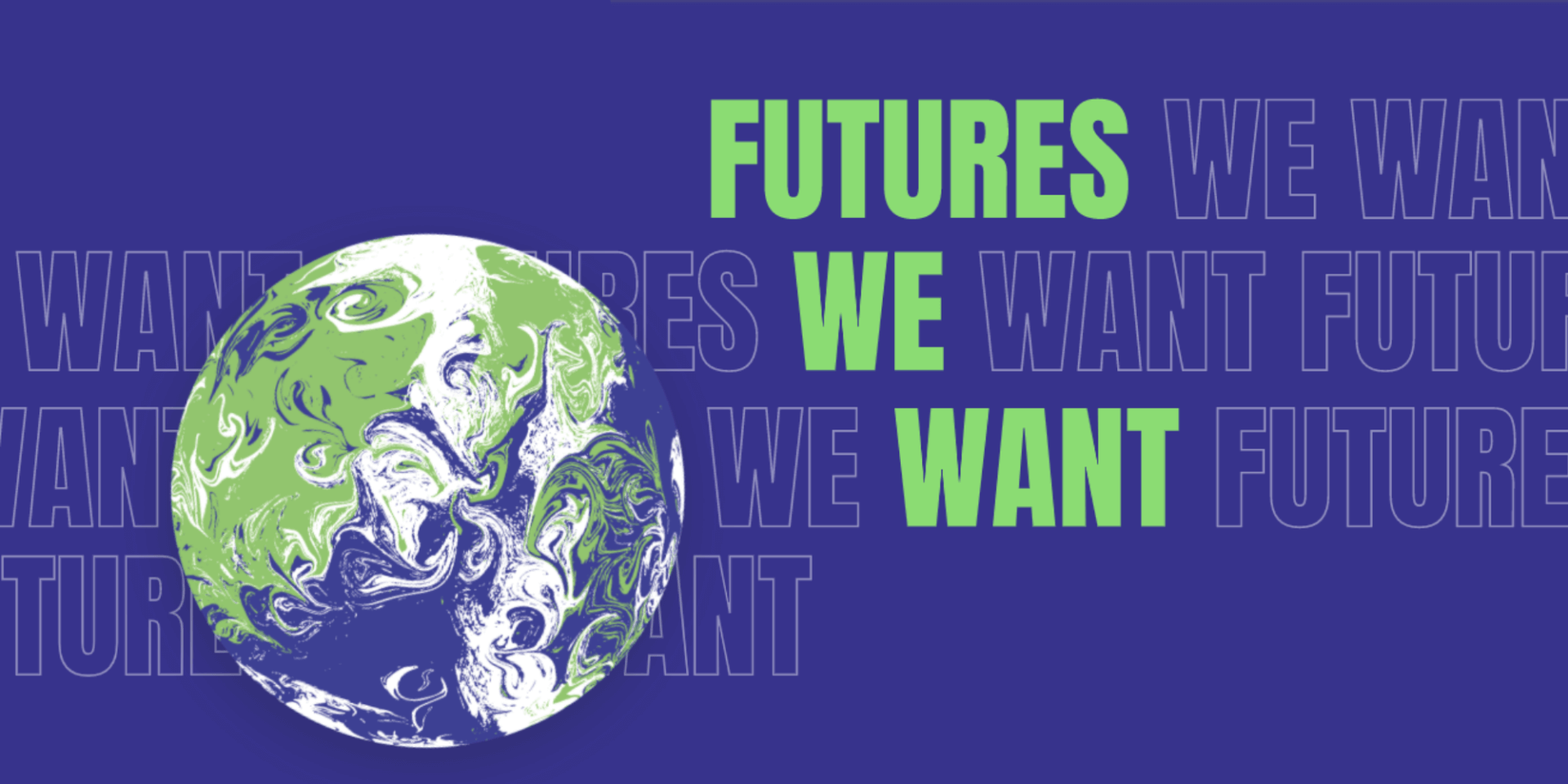
This article is part of the ISC’s Transform21 series, which features resources from our network of scientists and change-makers to help inform the urgent transformations needed to achieve climate and biodiversity goals.
Following four months of international collaboration between scientists, business, civil society and citizens across the globe, a flagship science and innovation project for COP26 shares hopes for an achievable, beneficial, resilient and desirable global net zero future for nations across the world.
The COP26 Futures We Want project, launched today, was commissioned ahead of the UK’s COP Presidency, and included young people, Indigenous and rural communities, civil society, scientists, business and industry from across six regions of the world.
The results of the project are highlighted on the ISC’s Transform 21 global knowledge portal, and the ISC is supporting the dissemination of Futures We Want.
Bringing together communities from the UK, Jamaica, Brazil, Kenya, United Arab Emirates, Saudi Arabia, and India, the project explored diverse perspectives and solutions on topics such as agriculture and land use, city planning, waste and water management, reforestation, ocean conservation and electricity generation.
“The science is clear, we must act now to put the world on a path to net zero emissions if we are to limit global warming and keep 1.5°C within reach. This means all countries, businesses and individuals have an important part to play. These visions of a Net Zero world, published today ahead of COP26, outline how a transition to a climate-resilient future can act as a real opportunity to create new green jobs, build sustainable economies and boost the health and quality of life for millions.”
Alok Sharma, COP26 President-Designate
The visions will be showcased at COP26 to support a solutions-focussed and ambitious negotiating environment, with science and innovation at the heart.
Paul Monks, Chief Scientific Adviser at the Department for Business, Energy and Industrial Strategy and Champion of the Futures We Want project said:
“Science and innovation are a powerful tools that we must use to inform ambitious climate action as we work towards a desirable global net zero future. International collaboration of academics and governments is essential in achieving a just transition to a climate resilient future and understanding citizen perspectives, including indigenous communities and youth, will guide us down a realistic and deliverable path to a future with wide-ranging opportunities and co-benefits.”
Dr Linda Nkatha Gichuyia, Kenyan Expert Committee member said:
“The Futures We Want Project provides a refreshed inventory of the latest scientific evidence and a compendium of actions by state and non-state actors around climate action. The way it has blended the distinct cultures of Science, Policy and Human service illustrates how achieving Net-Zero and climate resilience is feasible worldwide. This co-created visions ahead of the COP26 conference in November provide invaluable decision-relevant insights and actionable approaches to deliver ambitious, farsighted, and inclusive commitments to a just Net-Zero and climate-resilient future.”
Ultimately, the project hopes to contribute to more informed and ambitious climate action at COP26, with scientific evidence and the priorities of regional citizens at the forefront.
Explore all of the visions on the Futures We Want project site.